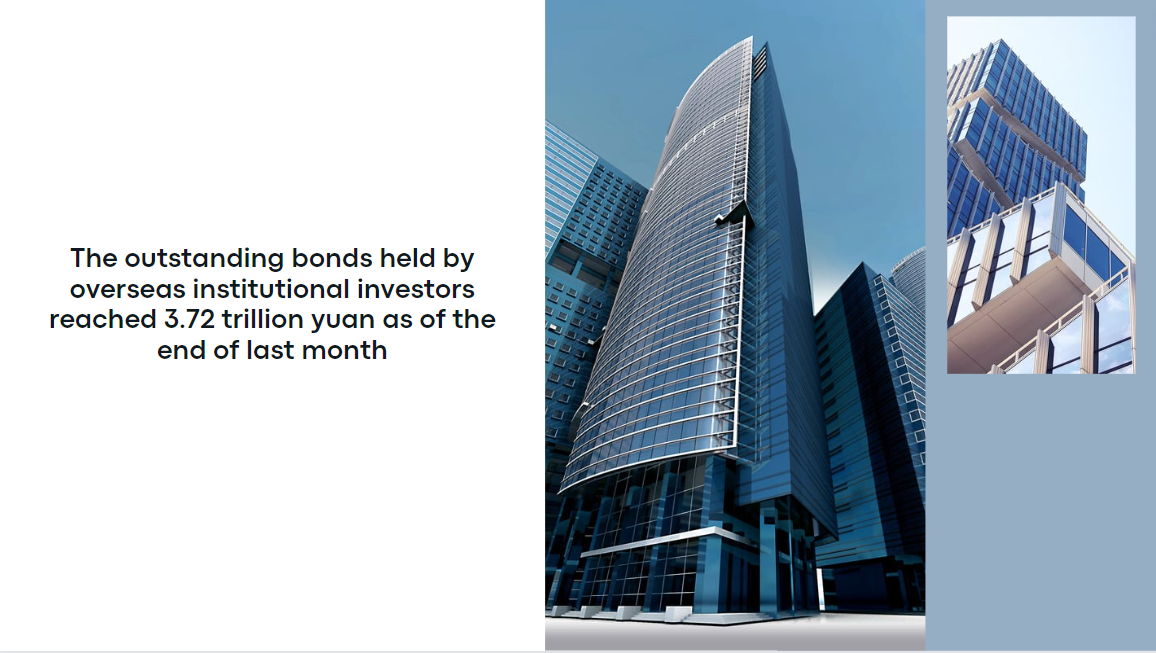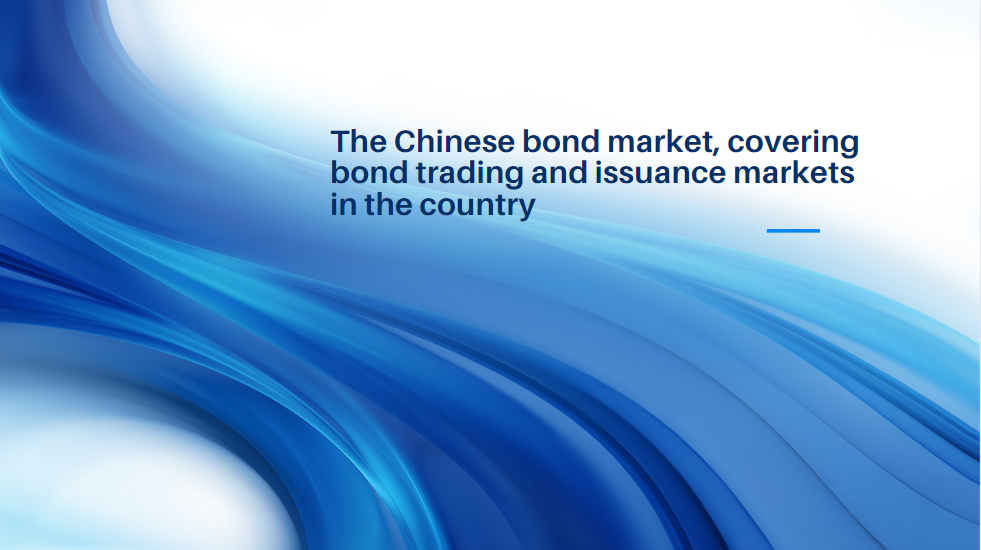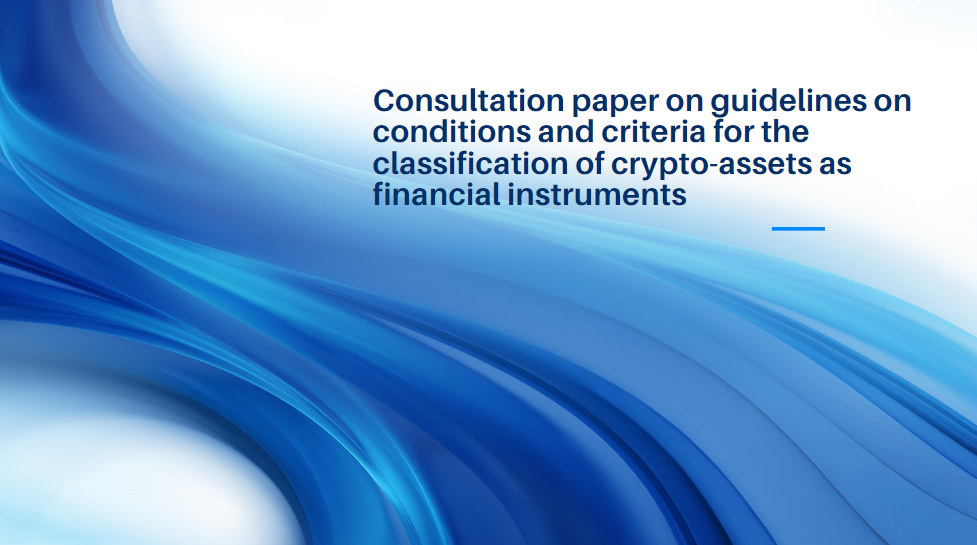Promoting high-quality financial development and boosting Asian financial cooperation
Honorable Chief Executive John Lee,
Honorable Chairman Peter K N Lam,
Distinguished guests, ladies and gentlemen, friends,
Good morning.
As a new year begins, everything takes on a new look, and it gives me great pleasure to attend the Asian Financial Forum and gather with all of you in the vibrant and inclusive city of Hong Kong. As President Xi stressed, a better Asia will contribute to a better world. Given that our world is experiencing accelerated changes not seen in a century with mounting instability and uncertainties, Asia is well positioned and Asian countries shall join hands to address the challenges. The theme of this Forum, "Multilateral Cooperation for a Shared Tomorrow", is highly relevant to the current situation and concerns of all parties.
Last week, China released economic data for last year. Overall, the economy continued to recover and perform well, achieving the expected growth target of around 5%, which went up 2.2 percentage points from last year and was higher than the average rate of 4.5% in the three years during the pandemic. Globally, this growth rate was higher than that of other major economies. In terms of quality, the transition to high-end, smart and green development has continued to create new growth drivers. For example, in 2023, China accounted for more than 60% of the world’s production and sales of new energy vehicles. In terms of people's livelihoods, high-quality development has brought more benefits to people. In 2023, residents' per capita disposable income and per capita consumption expenditure increased by 6.1% and 9.0%, respectively, year on year.
Capital supply, electricity consumption, passenger traffic, and cargo volume often serve as barometers of economic activity and leading indicators of economic growth. In terms of capital supply, social financing and cash loans continued to grow rapidly within a reasonable range in 2023, with loans to the digital economy, small and micro enterprises, and high-tech and manufacturing industries all growing by more than 20%. In terms of electricity consumption, the total amount of electricity consumed across the country in 2023 grew by 6.7% year on year, while the growth of electricity consumed by wholesale, retail, accommodation and catering businesses ranged from 14% to 18%. In terms of passenger traffic, railways carried 3.68 billion passengers in 2023, with the numbers of both annual total and peak days reaching new highs. In terms of freight volume, rail freight traffic reached 3.9 billion tons and express delivery volume exceeded 120 billion parcels, both setting new historical records.
Looking ahead, although there will be some growth challenges this year, we should also realize that the mainland economy has a solid foundation for development, with sufficient vitality for economic growth and considerable policy space for macroeconomic adjustment. Overall, there are more favorable factors than unfavorable ones, and the mainland economy will continue to perform well in the long run, with sustained structural improvement and a trend toward high-quality development. We firmly believe that the mainland economy will be able to move forward steadily amidst difficulties and continue to provide a strong impetus to global economic growth.
Ladies and gentlemen, friends!
The Central Financial Work Conference set the ambitious goal of building China into a financial powerhouse. Last week, President Xi Jinping delivered an important speech in which he elaborated on the meaning of financial powerhouse and clarified its key and core elements, including sound financial regulation. Last May, the National Financial Regulatory Administration (NFRA) was established as an important step in the reform of financial regulation in mainland China. Mandated to regulate and supervise the financial sector excluding the securities industry, the NFRA has, since its establishment, reformed its organizational structure, optimized resource allocation and explored ways to improve supervisory approaches, laying a solid foundation for the overall improvement of regulatory quality and effectiveness. Going forward, the NFRA will comprehensively strengthen institutional, conduct, functional, look-through and ongoing supervision, and further improve the foresight, accuracy, effectiveness and synergy of supervision. We will coordinate with all relevant parties to implement all aspects of supervision in accordance with the law to supervise various types of financial activities, and accelerate the development of a full-fledged and effective modern financial regulatory system to promote the high-quality development of the finance industry.
In the past twenty years since the listing of the four major state-owned banks, China has seen dramatic changes in its financial sector, with total assets growing from less than 30 trillion yuan to over 450 trillion yuan, an increase of 15 times, and its banking and insurance industries ranking 1st and 2nd in size in the world, respectively. Of course, over the past two decades, China’s financial sector has also withstood several severe tests and is the only one among major countries that has not experienced a financial crisis. At present, the mainland’s financial sector is broadly sound and risks remain manageable. We are fully confident, well-positioned and able to maintain the sound and stable development of the financial sector. Under the new situation, we will focus on financial supply-side structural reform and guide financial institutions to return to their core businesses. In particular, financial regulatory policies will focus on five segments, including technology finance, green finance, inclusive finance, elderly care finance and digital finance, enabling financial institutions to improve their capacities and adapt to the needs of serving the real economy, contribute to economic growth and stability, and provide more effective financial support to China’s path of modernization.
Ladies and gentlemen, friends!
Opening-up is a fundamental national policy that China has long adhered to and has been a key driver for the reform and development of China’s financial sector. In recent years, the mainland’s financial sector has accelerated efforts to push forward a broader agenda of opening up in more areas and with greater depth by introducing more than 50 opening-up measures, completely removing caps on foreign equity holdings in banking and insurance institutions, and lowering quantitative thresholds for foreign investment. Currently, 24 global systemically important banks (G-SIBs) have establishments in the Chinese mainland, and nearly half of the world’s top 40 insurance companies have entered the mainland market. Foreign-funded institutions have been deeply engaged in the mainland’s financial market and played an irreplaceable role in promoting economic growth and facilitating the “dual circulation” development paradigm.
Going forward, we will continue to promote both inward and outward investment. We will steadily expand institutional opening-up by introducing a range of measures that focus on spurring the quantity and quality of foreign investment and supporting more foreign-funded institutions to invest and do business in China. In the future, China will continue to step up its efforts to promote foreign investment in its financial sector and safeguard the legitimate rights and interests of foreign investors. We will continue to improve the business environment for foreign investors and the door of financial opening-up will open even wider.
Ladies and gentlemen, friends!
Hong Kong is a world-renowned international financial center with significant advantages in economic freedom, financial market depth, international legal environment and talent reserve. As a next step, the NFRA will continue to strengthen regulatory cooperation with Hong Kong's financial regulators and promote the high-level opening-up of the mainland's financial sector to Hong Kong and Macao under the CEPA framework, enabling Hong Kong to leverage its unique strengths under “one country, two systems” to consolidate its status as an international financial center.
First, we will further promote financial market connectivity among the mainland, Hong Kong and Macao. We will further optimize the cross-border wealth management connect pilot program to support the participation of more qualified investors and expand the scope of eligible investment products. We will support financial institutions to actively take part in the Shanghai-Shenzhen-Hong Kong Stock Connect, the Bond Connect, etc. We will make efforts to formulate and introduce policies to facilitate insurance services in the Guangdong-Hong Kong-Macao Greater Bay Area.
Second, we will further open up the mainland banking and insurance sectors to Hong Kong and Macao. We will support the mainland branches of Hong Kong and Macao banks to expand their business scope, and proactively explore whether these mainland branches can start bank card services. In addition, we will explore whether the quantitative thresholds for Hong Kong and Macao financial institutions’ equity investment in mainland insurance companies can be lowered, in accordance with the principle of equal treatment for domestic and overseas investors.
Third, we will help Hong Kong consolidate its role as an offshore renminbi business center. We will support mainland banks to issue renminbi-denominated green bonds in Hong Kong so as to deepen green financial cooperation between the mainland and Hong Kong. We will support mainland insurers to issue renminbi-denominated catastrophe bonds so as to promote the development of Hong Kong’s offshore renminbi bond market.
Fourth, we will support mainland financial institutions to strengthen their business operations in Hong Kong. We will support mainland banks and insurers to continuously improve their financial services to the real economy in Hong Kong, and leverage their advantages to contribute to the development of the Northern Metropolis, the Green Finance Center and the International Innovation and Technology Center in Hong Kong. We will support them to set up regional headquarters in Hong Kong.
With the mainland as its strong backing, and known for being open, innovative, hard-working and daring, Hong Kong is a charming international financial center bringing east and west together. It will undoubtedly unleash greater vitality and stronger competitiveness, making a greater contribution to the prosperity and development of the Asian region, for which we have full confidence.
Finally, we wish the Asian Financial Forum a great success. May Hong Kong have greater achievements as an international financial center.
As the Year of the Dragon approaches, I sincerely wish everyone a fruitful year. May it bless all of you with good health.
Thank you all.






















































First, please LoginComment After ~